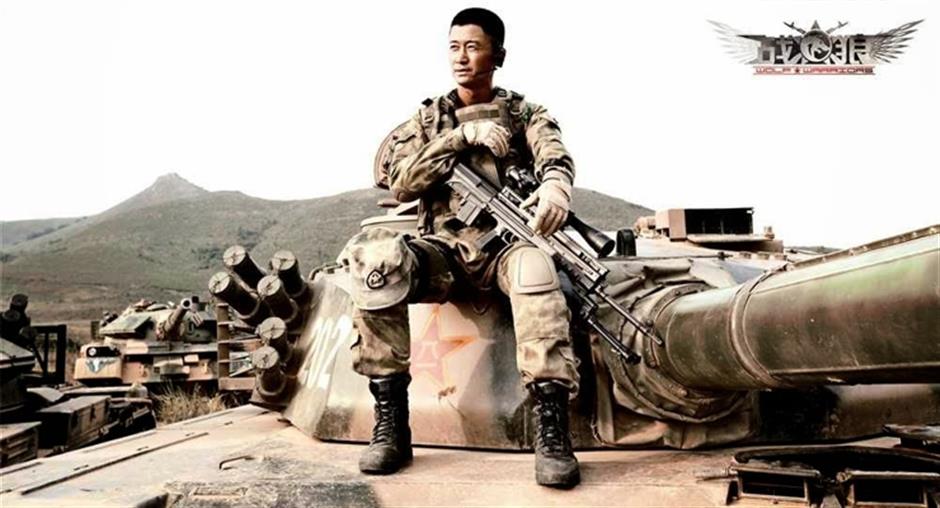Co-production key ticket to film success
International co-productions with Chinese film companies are often seen as the best ticket to the world’s second-largest film market that has a quota on imported movies — 34 each year.
Chinese audiences are no longer easily satisfied with a few seconds of seeing local stars in a Hollywood blockbusters, or witnessing scenes in their familiar locations. For years, producers and writers from both sides try to find a way to please audiences on both sides, and many have now turned their attention to animation.
During the recent Beijing International Film Festival, co-production was the main theme, and carefully thought-out strategies were discussed on how to elevate the success of them.
Steven O’Dell, president of theatrical distribution at Sony Pictures Entertainment, presented animation as a potential strategy, given its ability “to cross language barriers.”
Renny Harlin, who has been involved in the production of three China-related movies, also advised that to make a well-received film in China, “it doesn’t have to be about a Chinese theme, but something in it has to have a meaning to Chinese audiences.”

Pierce Brosnan (left) and Jackie Chan in “The Foreigner”
In recent years, several co-production films have been released in China. “The Foreigner,” a co-production by STX Entertainment and Huayi Brothers, was released in 2017 and stars Jackie Chan, who plays Quan Ngoc Minh, an immigrant restaurant owner seeking justice after his daughter is killed in a terrorist bombing.
The film grossed over US$100 million worldwide on its opening weekend. However, its mediocre performance in China may be attributed to the film’s overemphasis on Northern Ireland’s politics and the shift in Chan’s style of acting, which deviated from his typically comic antics.
Furthermore, “Wolf Warriors II” (2017), another co-produced film by China and the US, made global film history by being the second-highest single market gross of all time, earning US$854 million in China.

Wu Jing plays the lead role of Leng Feng in “Wolf Worriors 2.”
As the sequel of “Wolf Warriors” (2015), the film follows the story of Leng Feng, who evacuates innocent civilians to safety when revolutionaries invade a country within Africa, where he is staying. The film is packed with fast-paced action sequences and bears a strong sense of patriotism, both in the development of its characters and plot points.
Reviews for this film have been mixed. Variety commented, “(Wolf Warriors II) has successfully exploited the crowd-pleasing potential of enhancing militaristic action-adventure heroics with a heavy dose of patriotism.”
On the other hand, viewers perceive the film differently, and given that the film is directed toward a primarily Chinese audience, cultural differences may have influenced their reviews.
















